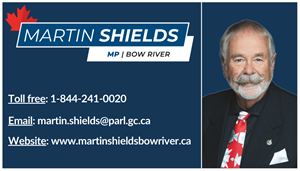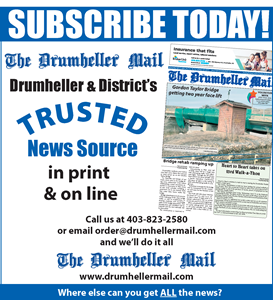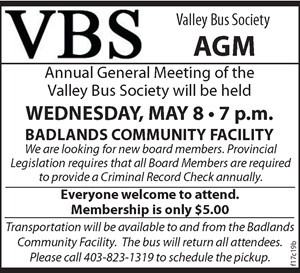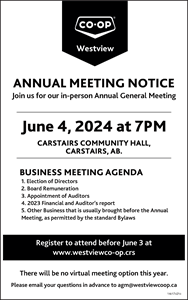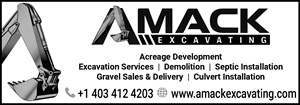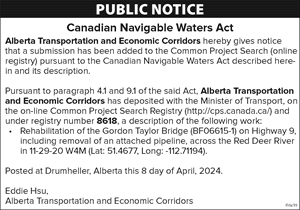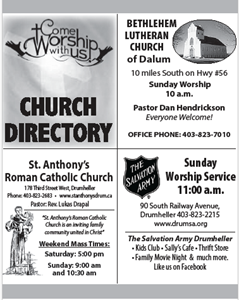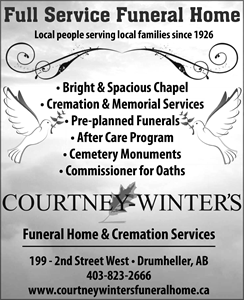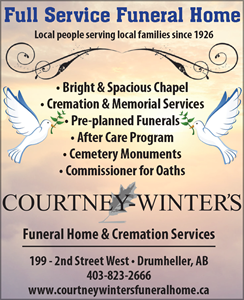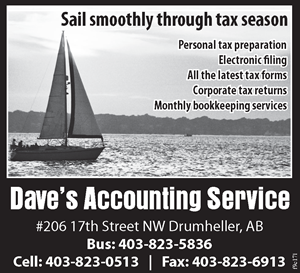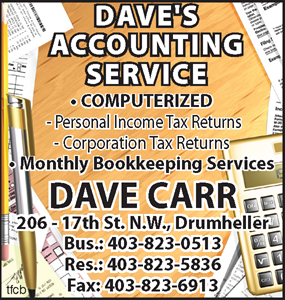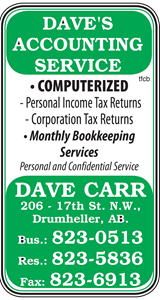
Dear Working Wise:
I’ve applied for a new job that I’m really excited about, but the employer wants references from my past three supervisors. The problem is I’ve been working for the same company for the past six years. My former supervisor has since retired and the supervisor I had before that was at a fast-food restaurant. What can I do? Signed, Missing References
Dear Missing References:
Your situation is not unique—many people come up short when it comes to references for a number of reasons. Hiring decisions are not based entirely on references, but they may make the difference in a competitive job market.
Create a list of potential references:
- Contact your retired supervisor, explain your situation and ask if he/she is willing to act as a reference;
- Use your “fast-food” reference. They may not be able to talk about your current skills/experience, but they can talk about how reliable and trustworthy you are;
- Look for other potential references in your current and past workplaces, including co-workers, supervisors in other departments, internal/external clients, and other people who are familiar with your work;
- Ask someone who supervised you in one of your volunteer roles;
- Assemble a package of performance evaluations, letters of recognition, thank-you letters, written comments from clients/customers, and examples of your accomplishments and offer that in lieu of a reference;
- Round out your reference list with character references from your personal life, such as a teacher, coach, landlord, and religious or community leader.
- Offer your current supervisor as a reference once you have been shortlisted for the job.
How to ask—Ask, “Do you feel you know me and my work well enough to provide a reference?” This question gives them a gracious way of saying no. If they say yes, you can feel fairly comfortable that they will have good things to say about you, but ask just to be sure.
More tips:
· Prioritize your list based on how well they know your work, how recently you’ve worked with them and what they will say about you;
· Always ask permission before providing someone’s name as a reference;
· Contact your references each time you provide their name to a potential employer and give them some notice so they can prepare for the phone call;
· Keep your reference list up-to-date including their name and current job title, company, contact information, and how they prefer to be contacted;
· Coach your references – send them a current copy of your resumé and the job posting so they are familiar with your current skills and accomplishments, and will know which of your strength to focus on;
· Ask your reference what they think your weaknesses are/were and tell them how you’ve worked on them since;
· If your reference is a former supervisor, make sure you both agree how and why you left that job;
· Some employers will only confirm basic employment information such as dates, job title and salary. In this case, ask your former employer to explain their policy so the new employer does not mistake their brevity for a bad reference.
· Thank your references and keep in touch with them;
· Every time you leave a job or your supervisor leaves their job, ask for a letter of reference just in case your former supervisor wins the lottery and disappears;
Explain your situation to the potential employer and show them how you’ve tried to meet their needs—they will appreciate your efforts.
Good luck!
Do you have a work-related question? Send your questions to Working Wise, at charles.strachey@gov.ab.ca. Charles Strachey is a regional manager with Alberta Employment and Immigration. This column is provided for general information.








